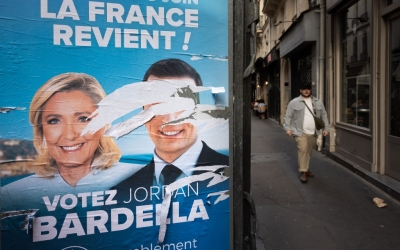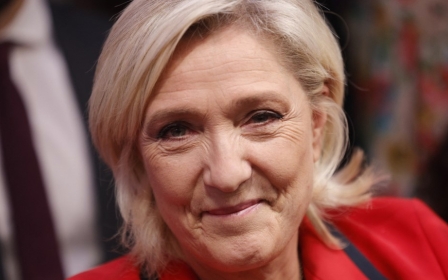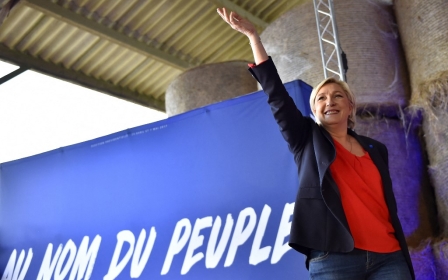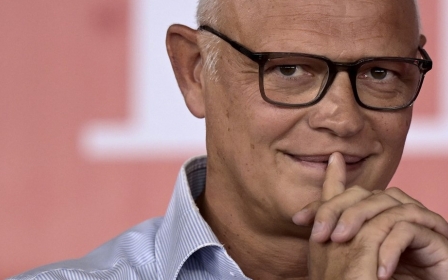France elections: Voters rejected the far right. What happens next?
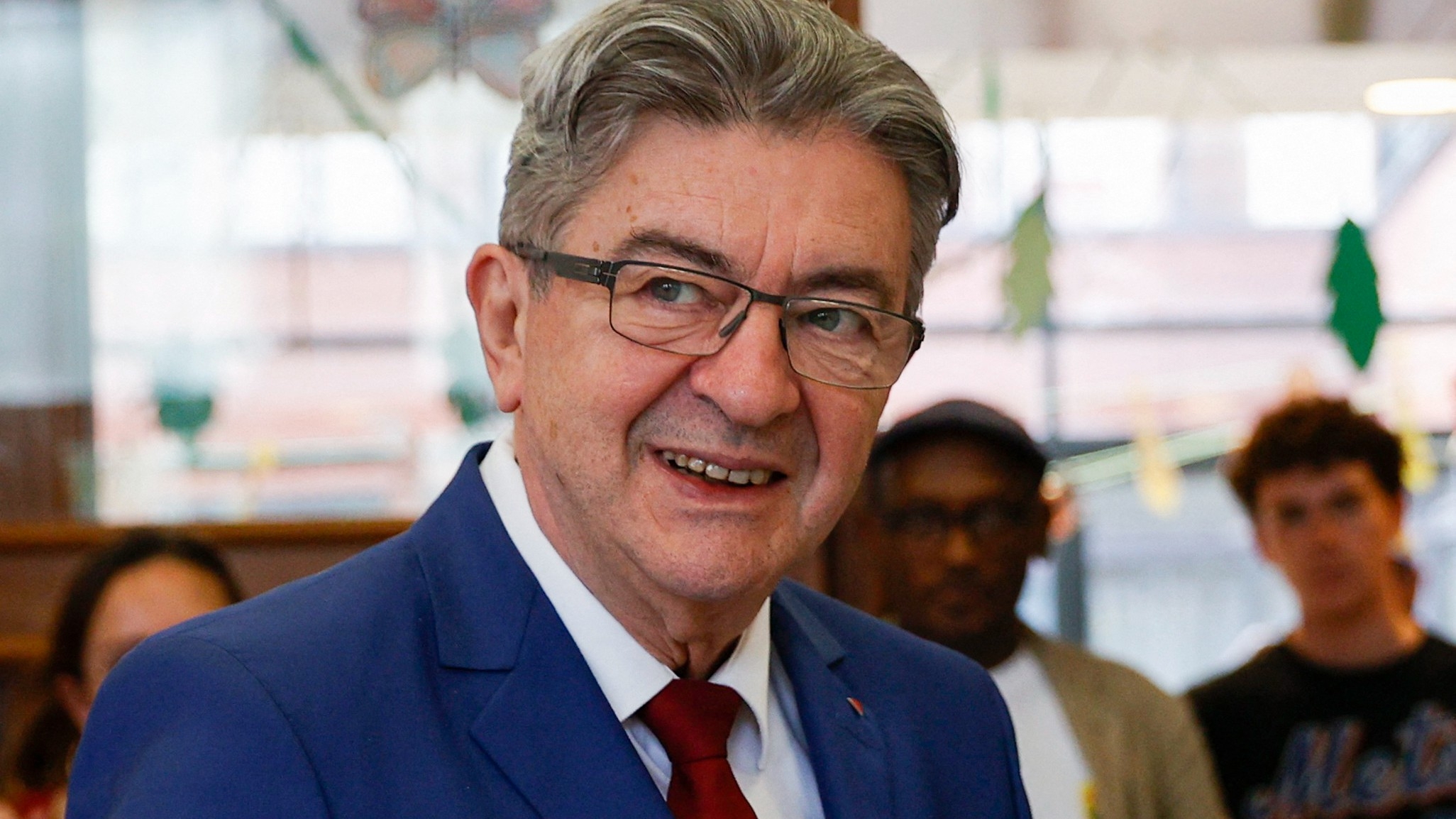
On 7 July, French voters took everyone by surprise - including themselves - by giving a decisive victory to the leftist New Popular Front coalition, while relegating to third place the far-right National Rally, which had been the predicted winner after coming first in an initial round of voting in June.
The New Popular Front won 188 seats in France’s 577-seat National Assembly, while President Emmanuel Macron’s party earned 161 and Marine Le Pen’s National Rally 142.
This was a triple surprise. While most observers expected the far right to come to power, with Jordan Bardella as prime minister, France now faces the prospect of a leftist government taking office in the next few weeks.
So what happened?
The main reason for the radical vote inversion between the two rounds is actually simple: round one was largely an anti-Macron vote, while round two was an anti-Le Pen/Bardella vote. In between the two votes, the perceived danger changed for the vast majority of the French people.
New MEE newsletter: Jerusalem Dispatch
Sign up to get the latest insights and analysis on Israel-Palestine, alongside Turkey Unpacked and other MEE newsletters
For voters on the left, it was no longer Macron and his already severely weakened centre-right bloc Ensemble; and for the Macronists themselves, it was no longer the “extreme” left, embodied by the demonised figure of Jean-Luc Melenchon and his France Insoumise party. The far right again became the clear and present danger for the Macronists, too.
After the first round of voting on 30 June, both Melenchon and Prime Minister Gabriel Attal, sworn enemies, thus designated the National Rally as their main common foe.
Political isolation
The tactical voting strategy known as the “Republican front” was reactivated overnight, with Ensemble and the New Popular Front striking deals to withdraw candidates in strategic areas to provide a better overall chance of defeating the far right. The logic of the lesser of two evils worked its magic, as the National Rally was squeezed out by this double hammer.
At least two other factors explain the surprise defeat of the far right. Firstly, the well-known ceiling of the National Rally, which has always prevented it from reaching a majority, stems from one of its major weaknesses: its political isolation makes it hard for the party to find allies to form coalitions, and thus expand its electoral base.
The message from the people is clear: We do not want to be governed by any of you
Secondly, Le Pen’s “de-demonisation” strategy to transform what used to be a taboo fringe party into a respectable organisation, by stripping it of its ugliest elements and dimensions, abruptly reached its limits this past week.
But in the end, all three blocs are both winners and losers.
The New Popular Front earned first place. The Macronist bloc avoided a total disaster and will retain a pivotal role in whatever future coalition may emerge. The National Rally continued its steady progression and momentum. But none of the three blocs has a majority (a required 289 seats out of the total 577) - not even close.
Given that each of the three forces has roughly two-thirds or more of the electorate who did not choose them, and each of them has thus been rejected by a majority of French voters, the message from the people is clear: we do not want to be governed by any of you. We do not want any of you in power, at least not solely.
The far right has once again broken its head on the one-third ceiling, and it looks more isolated than ever. The New Popular Front is the real winner, but it now faces several major challenges and a very uncertain future.
Shaky coalition
Firstly, it will need to keep together a shaky coalition that was assembled overnight to counter the far right. This will not be easy, as despite a solid common governmental programme, the New Popular Front is a mosaic of extremely different parties, ideologies and political lines - from the deep-red, revolutionary, anticapitalist left, to the pale-pink, “Macro-compatible” social democrats.
It will also have to resist the cynical wedge politics of the Macronists, who are already doing everything they can to dismember the alliance by trying to detach France Insoumise, which they consider “anti-republican”, from the other three main parties (the Socialists, Ecologists and Communists).
Worse, Macron and his camp are now seeking to ignore the vote of the French people, which clearly rejected them three consecutive times in a month. Rather than approaching any of the leftist leaders as potential prime ministers, he and his close allies are now seeking to build an alternative coalition with the conservatives, in what is starting to look like a coup - or at least a denial of democracy.
The left will also have to find allies - more than 100 members from other groups, especially Ensemble, to pass at least some of its programme. This means they will be forced to put water in their wine, and either abandon, or at a minimum seriously dilute, their major promises, such as increasing the minimum wage and high-income taxes.
The leftist coalition must not only pass enough measures to prove it is a viable and trustworthy governing force, but it must also significantly and rapidly improve the daily lives of the French people, many of whom cannot make ends meet. If not, the far right - which thrives on popular discontent and hardship, and is already in ambush position - will benefit from its failure in 2027.
What lies ahead
Posing another danger, Le Pen actually remains in a comfortable position, preserving her main card: that of being the “only real opposition” to “the system”, and the sole party that will still not have been tested in power when the time comes for the 2027 presidential election.
The far right will thus not suffer, but on the contrary - it will benefit from the mess, political chaos and possible institutional deadlock that lies ahead, along with the potential policy failures of those who govern.
The National Rally might simply have suffered a momentary setback - a step backward before an even bigger leap forward in 2027. It is better for the party not to be in power now, especially with such a restricted window of opportunity until the presidential election to prove its worth in ruling the nation.
At the very least, however, Muslims and other racialised minorities have avoided the worst outcome for the time being. With the political landscape shifting to the left, Muslims and other minorities should see a pause in the slew of Islamophobic laws and initiatives that have characterised the Macron years.
Still, the stigmatising debates and false controversies over Islamic outfits, laicite, “Islamism” and more will continue. The hard conservatives, far right and Macronist centrists will likely propose new repressive measures - but with the New Popular Front as the largest coalition, it will be hard to pass such laws.
Hopefully, the next three years will finally give a break to Muslims and other racialised minorities, who may be able to breathe better in a less toxic, less racist and less Islamophobic atmosphere.
The views expressed in this article belong to the author and do not necessarily reflect the editorial policy of Middle East Eye.
Middle East Eye delivers independent and unrivalled coverage and analysis of the Middle East, North Africa and beyond. To learn more about republishing this content and the associated fees, please fill out this form. More about MEE can be found here.



